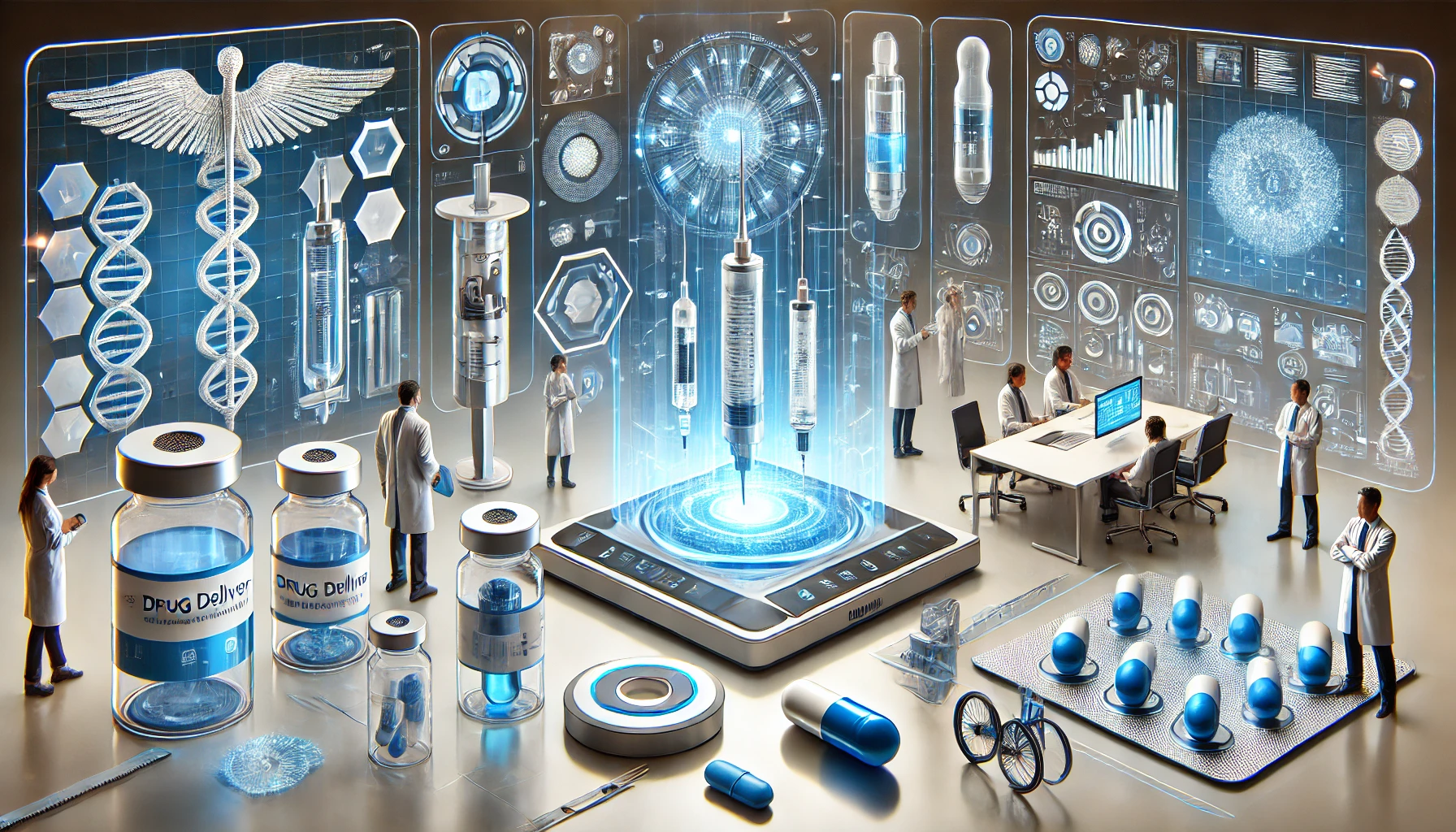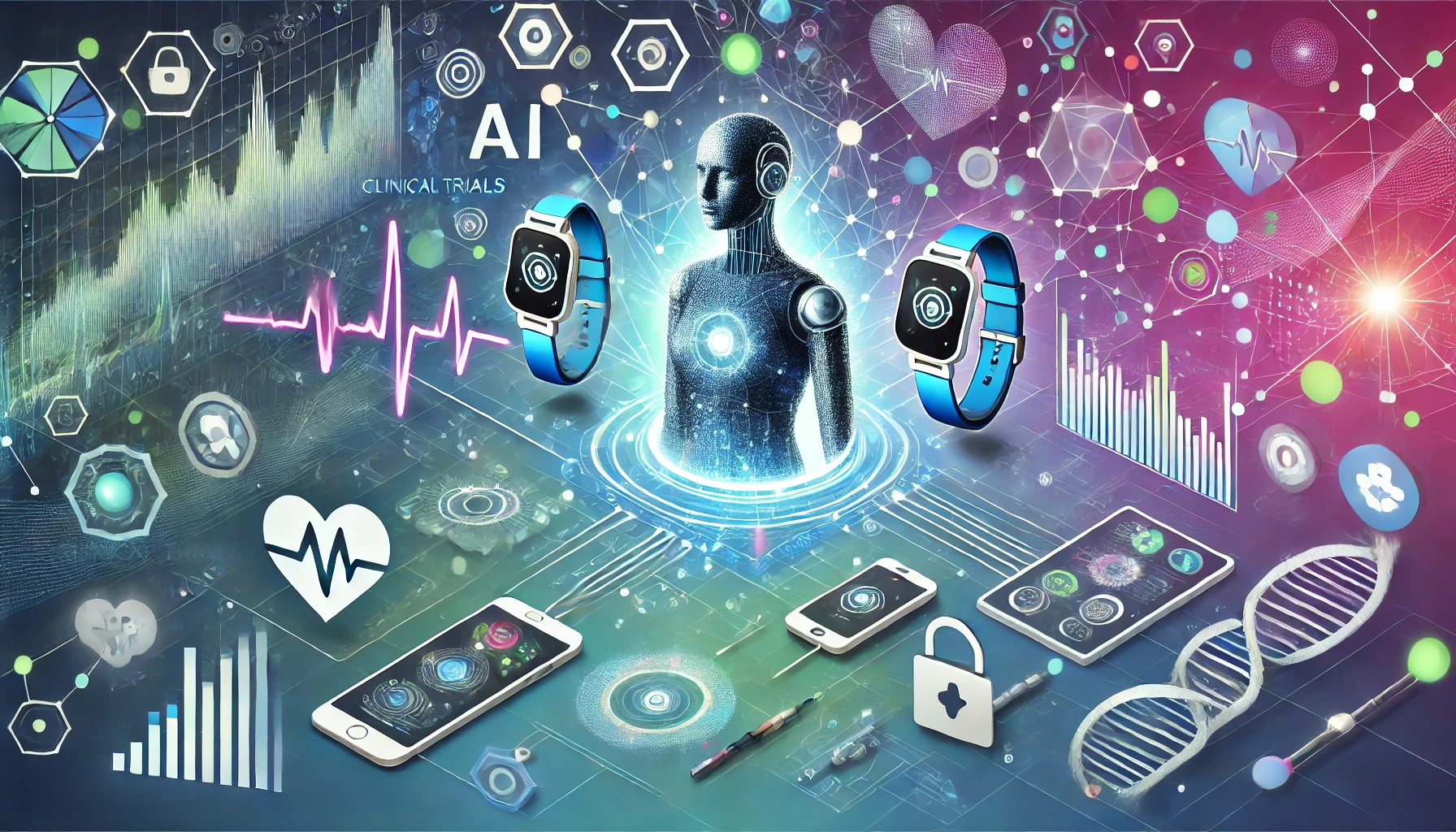Reading Time: 6 minutesThe hospitality industry, particularly large hotel chains like Marriott, Hyatt, and Hilton, collects vast amounts of guest data during the course of business. As data becomes increasingly valuable, hospitality players are finding new ways to monetize this data beyond the traditional scope of improving guest experiences. This paper explores how hotel chains are monetizing guest data, typical use cases for leveraging this data, and the industries that benefit from it, such as car rental companies, airlines, and insurance providers. Additionally, we delve into operational requirements, ethical considerations, and pricing models associated with data-driven monetization strategies. As the world becomes more digital, the ability to effectively and responsibly capitalize on guest data is becoming a critical competitive advantage for hotels. However, this opportunity also comes with challenges related to data privacy, compliance, and brand trust.
Browsing CategoryDigital and AI Transformation Explore how digital technologies and AI are transforming the health tech and life sciences industries.
Explore how digital technologies and AI are transforming the health tech and life sciences industries.
Navigating Through the Future: Crafting Dynamic Enterprise Architecture for Sustainable Innovation
Reading Time: 5 minutesIn a world of constant technological disruption and evolving business demands, enterprises must be agile and forward-thinking to remain competitive. This article delves into the need for dynamic enterprise architecture (EA), highlighting how TOGAF (The Open Group Architecture Framework), coupled with strategic foresight, can guide organizations through uncertainty. Traditional EA, focused on current and future states, often lacks the flexibility to adapt to rapid market shifts.
We explore the Three-Horizon Model as a solution, offering a structured approach to balancing immediate operational needs (Horizon 1), mid-term innovation (Horizon 2), and long-term transformation (Horizon 3). This model ensures that organizations are not just reactive but proactively shaping their future through continuous innovation and strategic alignment.
The article also examines how TOGAF’s Architecture Development Method (ADM) facilitates this transformation, ensuring that each phase of architecture evolution is aligned with the organization’s goals. Embracing this dynamic model equips enterprises to navigate disruptions while fostering sustained growth and innovation.
Empowering Innovation: Unlocking Agility with the Product-Oriented Delivery (POD) Model
Reading Time: 5 minutesThe Product-Oriented Delivery (POD) Model is transforming how organizations approach digital delivery by aligning teams with specific business capabilities or products. Unlike traditional project-based models, PODs focus on long-term product ownership, continuous delivery, and close business collaboration. Cross-functional teams are responsible for the entire product lifecycle, promoting agility, accountability, and sustained value. This model enhances business alignment, speeds up decision-making, and empowers teams to respond quickly to market changes. Despite challenges such as resource duplication and scaling difficulties, the POD model offers a proactive, innovation-driven approach to achieving business success.
Elevating Digital’s Role in Business through Innovation and Strategic Partnership
Reading Time: 4 minutesIn today’s digital age, businesses are evolving, and technology is no longer just a support function but a critical driver of innovation. Digital leaders are now key partners in transforming business operations. By fostering collaboration, embracing a Product-Oriented Delivery model, and streamlining technology, they can ensure strategic alignment with business goals. This approach enables organizations to move beyond mere service delivery toward proactive innovation. As technology continues to drive business growth, the relationship between digital functions and business units strengthens, positioning digital leaders as pivotal players in the future of business success.
Future-Proofing Drug Delivery: Innovations, Trends, and Opportunities in the Pharmaceutical Landscape
Reading Time: 4 minutesThe drug delivery systems market is experiencing a transformative shift driven by both digital and non-digital innovations. This comprehensive overview explores the latest advancements, from smart injectors and wearable drug delivery devices to AI and machine learning integration. As personalized medicine gains momentum, precision drug delivery systems are becoming crucial for enhancing treatment efficacy and patient safety. Large pharmaceutical companies are urged to embrace digital transformation, invest in nanotechnology, and adopt sustainable practices. Startups, on the other hand, have opportunities to innovate with smart devices, 3D printing, and eco-friendly solutions. By staying ahead of these trends, stakeholders can navigate the competitive landscape and drive growth in the dynamic pharmaceutical industry
The Future of AI in Contract Research Organizations (CROs)
Reading Time: 3 minutesThe integration of artificial intelligence (AI) and advanced technologies is set to revolutionize the operations of Contract Research Organizations (CROs) over the next 3-5 years. Key advancements include AI-enhanced patient recruitment and retention, real-time data monitoring, automated data integration, and the use of AI in genomic analysis and personalized medicine. Remote monitoring through wearable devices and IoT sensors, as well as the rise of virtual clinical trials via telehealth platforms, will make trials more accessible and convenient for patients. AI-driven resource optimization and supply chain automation will enhance operational efficiency and reduce costs. Additionally, AI tools for regulatory compliance and risk-based monitoring will ensure adherence to standards and improve trial oversight. Enhanced trial design and adaptive trial protocols, supported by AI, will enable real-time modifications based on interim data analysis, improving trial flexibility and participant safety. CROs that adopt these technologies and implement strategic AI-driven initiatives will lead the future of clinical research, setting new industry standards and driving significant improvements in trial efficiency, accuracy, and effectiveness.
Digital Twin Technology for Innovation in Healthcare and Pharma
Reading Time: 8 minutesDigital twin technology is revolutionizing healthcare and pharmaceuticals by simulating cellular, molecular, and biochemical processes. This powerful tool enables personalized medicine, operational efficiency, and innovative drug development. Key use cases in healthcare include cardiology, where heart function simulations allow for personalized treatments, and oncology, where tumor modeling optimizes cancer therapies. In pharmaceuticals, digital twins facilitate virtual clinical trials, reducing the need for extensive physical trials and accelerating R&D. Promising business models such as subscription-based services, licensing, strategic partnerships, and consulting offer significant market potential. Integrating AI, IoT, and wearables further enhances digital twin capabilities, driving innovation and improving patient outcomes. Key recommendations include investing in AI and ML, focusing on data integration, strengthening cybersecurity, expanding partnerships, and educating healthcare professionals on the use and benefits of digital twins.
Revolutionising Healthcare with Large Language Models: Opportunities and Challenges
Reading Time: 3 minutesLarge Language Models (LLMs) are revolutionising healthcare, offering unprecedented support in diagnostics, personalised treatment, and administrative efficiency. By bridging AI with medicine, they promise enhanced patient care and streamlined operations, despite facing challenges in data privacy and AI bias. This transformative shift emphasizes the need for ethical deployment and continuous innovation in healthcare AI.
Navigating the Digital Era: The Interplay of Transformation and Innovation
Reading Time: 3 minutesIn the digital age, businesses must distinguish between digital transformation and innovation. Transformation is a comprehensive overhaul enhancing efficiency and agility, while innovation focuses on novel digital solutions for competitive advantage. Together, they form a powerful strategy for growth, with transformation providing the foundation for sustained innovation and market leadership.
Transforming Pharmaceutical Quality & Compliance with Generative AI and Other AI applications.
Reading Time: 4 minutesThe integration of Generative AI (GenAI) and AI in pharmaceutical Quality & Compliance is revolutionizing industry standards for safety, efficacy, and regulatory adherence. These technologies automate critical processes, enhance real-time monitoring, ensure data privacy, and streamline regulatory documentation and compliance. By leveraging GenAI and AI, the pharmaceutical industry is advancing towards fully automated quality control systems, optimizing data utilization, and improving decision-making processes, thus setting new benchmarks for product integrity and patient safety.











